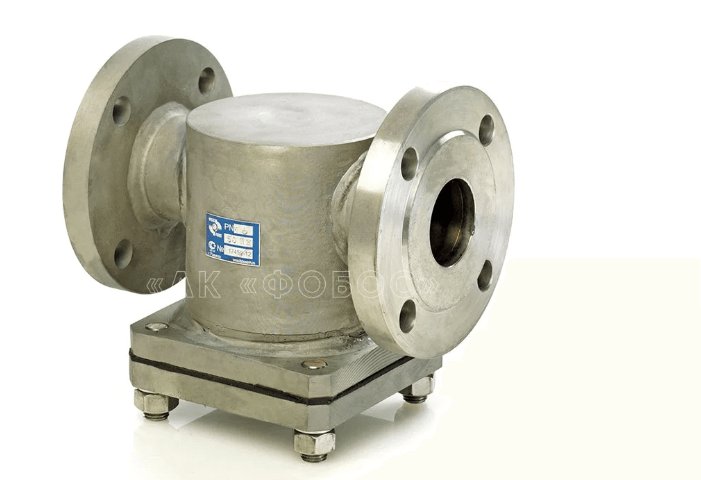In liquid and gas supply systems, special attention is paid to cleaning the working environment from mechanical impurities. This is due to the fact that contaminated substances can damage various equipment - pumps, instrumentation, etc. To solve this problem, all kinds of devices are used. One of the effective and easy to maintain is the flange mesh filter.
Design features
Flange mesh filter consists of the following main components:
- housing with storage;
- woven or punched mesh;
- connecting flanges.
A characteristic feature of the fittings is the presence of flanges at the ends. Thanks to this, installation is carried out without the use of welding, using bolted fasteners. This allows you to quickly carry out work if it is necessary to replace the device.
Depending on the design of the sump, products are straight and Y-shaped. The first version of the FSF is installed exclusively on horizontal pipelines and at the same time, in the lower part there must be sufficient free space for maintenance. Products with oblique storage are more versatile and are often used in inclined lines. Based on the cleaning method, metal products are divided into the following design options:
- maintained;
- washable;
- self-cleaning.
Washing metal products are equipped with a faucet, which is periodically opened to drain accumulated dirt. Self-cleaning flanged mesh filters have a special automatic valve that opens as mechanical impurities accumulate.
Carbon, alloy and stainless steels (09G2S, 08pk, AISI 316) can be used for manufacturing. The choice of material for manufacturing directly depends on the expected operating conditions. For example, for equipping systems for transporting liquids and gases in the food industry and chemical industry, stainless steel is the optimal solution. The filter part is usually made of brass or high-strength and wear-resistant polymer.
Advantages and principle of operation
The product is in high demand in various fields of human activity, including such areas as thermal power engineering, oil and gas complex, water treatment. The fundamental advantages of the devices include ease of maintenance, durability, and the ability to replace the main element. During operation, the transported medium passes through the inside of the housing through a mesh on which insoluble particles (rust, shavings, etc.) are retained. Thanks to the inclined position of the filter component, contaminants settle in the lower part of the casing and are then removed. Installation via flanges makes it possible to quickly replace the device in case of damage.




